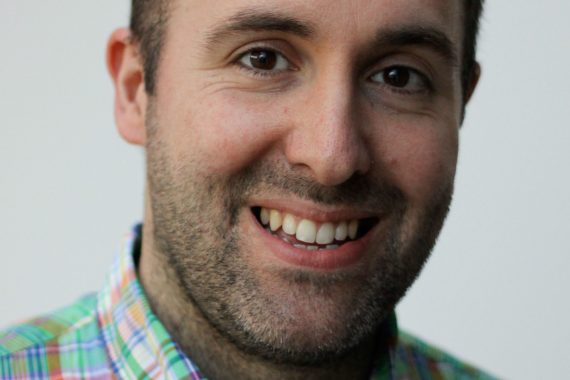Brexit could spell disaster for general practice

The EU referendum is almost upon us and for the very first time the Leave vote has edged ahead in opinion polls.
For once I actually agree with Jeremy Hunt on a healthcare-related issue
So is Britain trembling on the precipice of economic and political oblivion, or are we on the cusp of a brave new era in British politics, helmed by the likes of Boris Johnson and Michael Gove? Is Brexit about to be banished to the place where unfashionable portmanteaus go to die, or are we going to be unpicking the mess and hearing this godforsaken word for the rest of our miserable lives? We will find out on 23 June.
But what of the nation’s poor, downtrodden GPs? Could Brexit make things even worse in the world of NHS primary care? It’s a scary thought given the profession’s current woes, but I fear a victory for the Leave campaign could spell disaster for general practice.
Doctors typically value evidence, something there has been precious little of in a referendum debate fuelled by partisan opinion. A primary focus on immigration and the economy was to be expected, but both campaigns have found ample time to kick around that ever-popular political football, the NHS. Frustratingly, the arguments have been about as coherent as an England football fan after a day’s drinking in the French sun.
The Vote Leave campaign’s website proudly boasts that ‘the £350 million we give to the EU every week could pay for a fully staffed NHS hospital’. This is an emotive but hugely over-simplistic statement, designed to mislead. While our contribution to the EU would fall with Brexit, not necessarily to zero, there is a strong likelihood our national income would fall too.
I’m not an economist so don’t take my word for it; the Institute for Fiscal Studies believes ‘the overall effect of Brexit would be to damage the public finances’. Such luminaries as the managing director of the International Monetary Fund and the governor of the Bank of England have also voiced concerns. Goodbye fully staffed hospital, hello further austerity, with all the negative impacts on GP workload that entails.
If Britain’s GDP declines, this will likely have a significant impact on public service spending. What does this mean for healthcare? The Economist Intelligence Unit believes Brexit could hit potential healthcare funding by up to £135 per head by 2020; to put that in perspective, the average GP practice only receives £136 per patient annually. So while the GP Forward View suggests we are set for a bigger slice of the funding pie, Brexit could leave us with even less to chew on.
Still, perhaps we’ll save money if we don’t have to spend millions treating all those immigrants from the EU, right? Well, no actually. This is the healthcare myth that just won’t go away. It’s been debunked so many times, I’m not even sure Nigel Farage believes it anymore. It’s also important to recognise that 10% of doctors working in the NHS were trained in another EU country. They wouldn’t necessarily leave of course, but Brexit would undoubtedly complicate cross-border working at a time when many specialties, general practice included, are in the midst of recruitment crises which show no sign of ending anytime soon.
And let’s not forget employment rights. The EU is far from perfect and clearly needs reform, but it has brought numerous positive benefits to the workplace. Some experts fear the European Working Time Directive, which has played a pivotal role in influencing junior doctor’s working hours, could fall under threat in the event of Brexit. Do any of us want to see a return to pre-1998 arrangements? Ok, any non-surgeons? I thought not.
Experts in their respective fields have claimed that Brexit presents additional threats to research funding, public health initiatives, and even the pharmaceutical industry. Increasingly disparate voices have trumpeted opposing views, but it seems clear that the consensus in the medical and scientific community lies in favour of a Remain vote. The BMJ, Simon Stevens, Sarah Wollaston, and the Royal College of Physicians have joined legions of academics and the leaders of all major political parties (with the obvious exception of UKIP) in opposing Brexit. And as much as it pains me to admit it, for once I actually agree with Jeremy Hunt on a healthcare-related issue: Brexit could have catastrophic consequences for an NHS that is already teetering on the brink.
Dr David Coleman is a GP in Conisbrough, South Yorkshire









